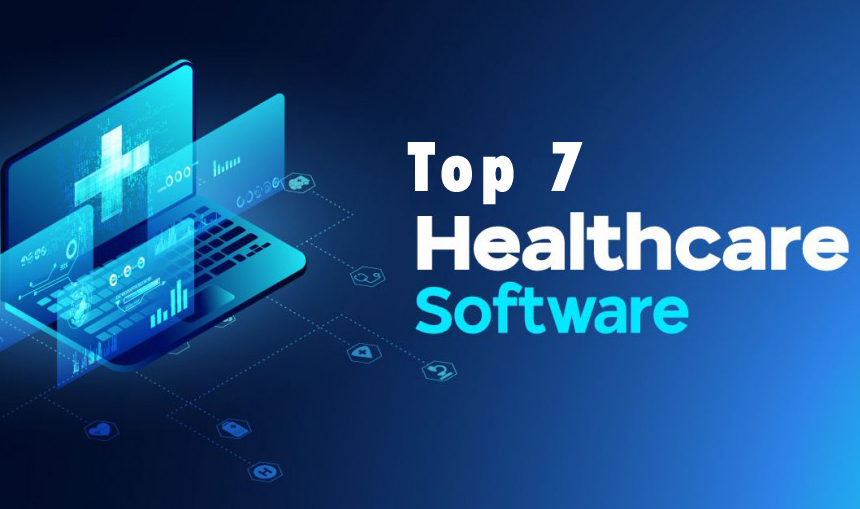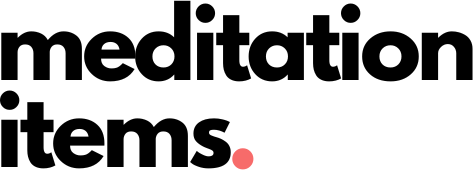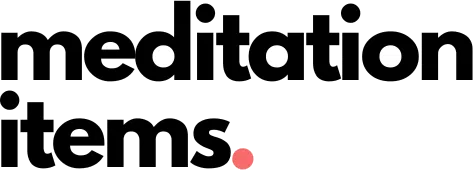
The healthcare sector is continually developing, with technological breakthroughs influencing how treatment is given and administered. Electronic Health Records (EHR) and Practice Management software have become crucial among the numerous technologies available.
This article examines seven top healthcare software packages, including their essential features, price structures, pros, and limitations. Elation EMR, Aesthetics Pro, PrognoCIS EMR, and Aprima EHR are among the available options.
Elation EMR
Elation EMR is a cloud-based Electronic Health Record (EHR) system developed to meet the demands of small and medium-sized medical practices. It emphasizes a patient-centered approach, aiming to streamline clinical documentation and improve patient care quality.
Elation EMR stands out for its user-friendly design and emphasis on sustaining the physician-patient relationship.

Key Features of Healthcare Software
Clinical First EHR: Elation EMR is designed to enhance clinical workflows, ensuring that physicians can maintain quality patient interactions while efficiently managing records.
Patient-Centric Records: The platform provides a comprehensive view of each patient’s health journey, promoting better-informed clinical decisions.
Integrated Practice Management: It combines EHR with practice management tools, facilitating appointment scheduling, billing, and other administrative tasks.
Pricing Structure
Elation operates on a subscription-based model. Pricing varies based on practice size and specific features required.
Pros And Cons
Pros
- User-friendly interface, strong focus on clinical needs, and excellent patient record management.
Cons
- It may be cost-prohibitive for smaller practices, and some users report a learning curve with the initial setup.
AestheticsPro
Aesthetics Pro is a comprehensive medical spa management software that includes EHR, online booking, marketing, and POS services. This platform is designed primarily for aesthetic and cosmetic practices.
The Software blends practice management tools with customer relationship management (CRM) functions to meet the aesthetics industry’s specialized demands.
Key Features
Specialized for Aesthetic Practices: Explicitly tailored for aesthetics and MedSpa businesses, it offers features like online booking, EHR, and photo storage.
Marketing and CRM Tools: Includes tools for managing customer relationships, marketing, and retaining clients.
Cloud-Based: Offers the flexibility of accessing data securely from anywhere.
Pricing Structure
Aesthetics Pro offers a tiered pricing structure, with costs varying based on the number of users and the extent of features needed.
Pros And Cons
Pros
- Highly specialized for its target market, robust marketing tools, and easy online booking system.
Cons
- Limited utility outside of aesthetic practices and some reports of occasional system slowdowns.
PrognoCIS EMR
Bizmatics created PrognoCIS EMR, a complete Electronic Medical Record system covering various medical specializations. It is well-known for its configurable templates, telemedicine capabilities, and powerful practice management tools.
PrognoCIS EMR aims to improve clinical efficiency, streamline workflows, and improve patient care delivery with integrated solutions.
Key Features
Customizable Templates: Offers a wide variety of customizable templates for different specialties.
Telemedicine Integration: Supports telehealth, allowing practitioners to conduct virtual visits seamlessly.
Revenue Cycle Management: Provides comprehensive billing and revenue management tools.
Pricing Structure
PrognoCIS uses a subscription model, pricing depending on the services chosen and the practice size.
Pros And Cons
Pros
- High customizability, excellent telehealth features, and effective revenue management.
Cons
- Some users find the interface less intuitive, and customization can be time-consuming.
Aprima EHR
Aprima EHR provides electronic health records, practice management, and revenue cycle management systems. It is well-known for its adaptive technology, which learns and adjusts to the user’s practice technique.
Aprima EHR is intended for healthcare practitioners in various medical disciplines, and it is notably known for its rapid, adaptable, and robust EHR system that adapts to the clinician’s workflow.
Key Features
Adaptive Learning: Aprima EHR learns the preferences of its users, adapting to individual practice styles and workflows.
Mobile App: Offers a robust mobile application for on-the-go access to patient data and practice management.
Integrated Practice Management: Streamlines various administrative tasks, enhancing overall practice efficiency.
Pricing Structure
Aprima EHR’s pricing details are typically customized based on the practice’s specific needs, including the number of providers and the range of functionalities required.
Pros And Cons
Pros
- It is a highly adaptive system with robust mobile functionality and efficient practice management integration.
Cons
- Pricing may not be transparent upfront, and some users report challenges with customer support.
Kareo Clinical EHR
Kareo Clinical EHR was created primarily for small, independent practitioners. It is a cloud-based system that aims to ease the intricacies of healthcare by providing an easy user interface and complete capabilities for various specializations.
Key Features
Intuitive Interface: Kareo is known for its user-friendly design, making navigation and operation straightforward for healthcare providers.
Integrated Billing: It offers an integrated billing platform that simplifies billing, reduces errors, and improves revenue collection.
Customizable Templates: Kareo provides customizable templates that can be customized to adapt to the unique needs of different medical specialties.
Pricing Structure
Kareo uses a subscription-based pricing model. The cost varies depending on the chosen features and the practice size.

